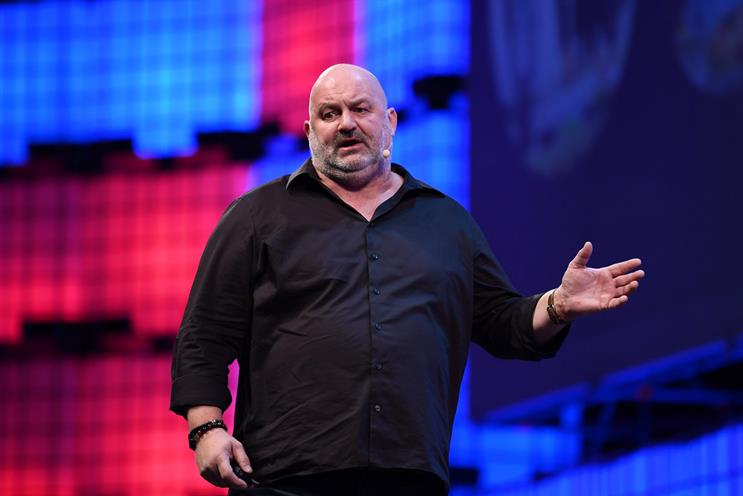
These unnatural and inhuman interfaces and they are discriminatory, Vogels told the conference in Lisbon today.
"Let's take the International Rice Research Institute in Manila as an example. They know everything about rice and they work with farmers in the region to improve crop yields. They have built a digital webpage with all this crucial information but no one was using it because the farmers don't own computers. So, they put a voice interface over it so farmers could call in and describe their patch of land. It has helped greatly improve crop yields," Vogels said.
People who have bought Amazon Echo devices love them, their reviews say so, he continued. "They use them for every mundane task possible because it's effortless."
One customer who has dementia wrote that Alexa had given him his memory back. That he could ask it for the date 20 times a day and it would give him the correct answer 20 times, without getting angry.
But Amazon doesn't want the world to confine itself to its Echo devices. "The device itself isn't that smart. All of that lives in the cloud. Alexa is a voice service based on a platform that does all the work," Vogels said.
Brands and developers could even forego Amazon's skills kit and use Amazon Polly, its life-like speech service.
"Polly converts text to life-like speech. It can be fully managed, it has 47 voices and speaks 24 languages. Duolingo, the language learning app is based on Polly," he said.
Polly allows control over the tone, volume, context and different pronunciations, Vogels demonstrated. "It can be used to build voice chatbots, not just Alexa."
Amazon is investing in developing all this because it believes that the future lies in a human interface to our digital systems.
"I truly believe a voice interface to digital systems will completely revolutionise the way we build these systems and it will open these systems to everyone in the world and not just digital natives," Vogels concluded.




.jpg)
.jpeg)
